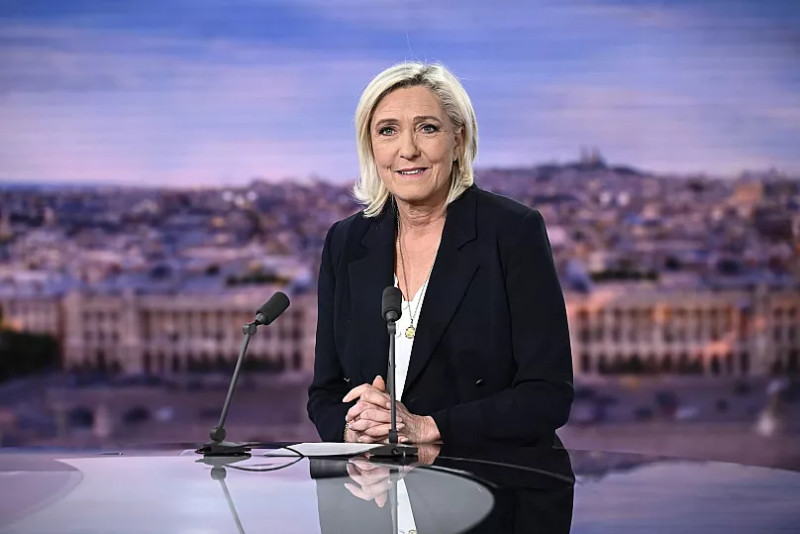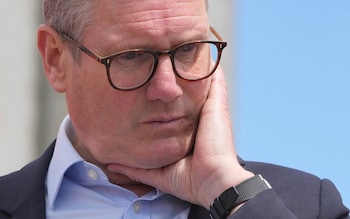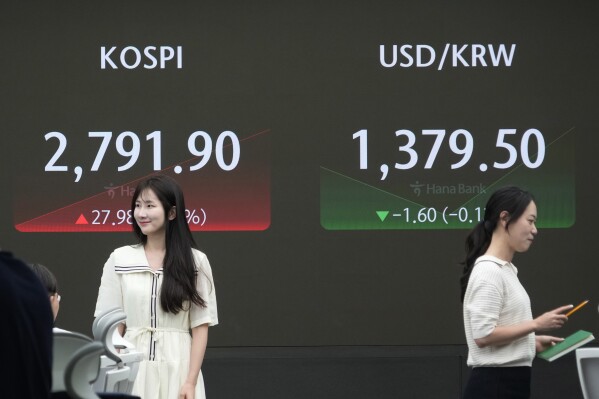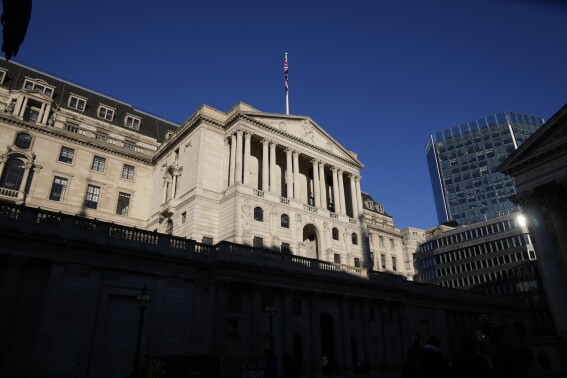Support for the National Rally party has been growing among French business after the country's newly formed left-wing alliance the New Popular Front (NPF) indicated it was in favour of tax increases for businesses.
The French economy is facing turmoil ahead of the surprise elections called by President Emmanuel Macron, to be held on 30 June and 7 July.
France's four major left-wing parties, the Socialists, Greens, France Unbowed and Communists joined forces to establish the NPF on 10 June.
The NPF has indicated that, should it be elected, it is planning a policy of tax-and-spend which will not bode well for business.
Such a policy means increasing the tax burden on business in order to raise more money to fund increased government spending.

Meanwhile, the National Rally (NR) party, led by Marine Le Pen, has promised significant tax cuts, a tightened anti-immigration policy and a reduced retirement age among its offerings, in order to gain more support with the working class.
Referring to the National Rally party, a corporate leader of the CAC 40, the French stock market bench index, was reported by the Financial Times as saying: "The RN's economic policies are more of a blank slate that business thinks they can help push in the right direction. The left is not likely to water down its hardline anti-capitalist agenda."
The CAC 40 index has dropped 7.05% over the past month.
Investors could be having a knee-jerk reaction when it comes to French stocks
Surprisingly, only about 20% of the CAC 40 index is exposed to French markets, which could make it harder to understand the sudden surge in sell-offs.
Sharon Bell, senior equity strategist at Goldman Sachs, speaking about the CAC 40, as reported by CNBC said: "Now that's not zero French exposure, and people obviously are adding an extra risk premium to France at the moment, given the upcoming election.
"This is a market that has done well in recent years as well, some of the companies are quite richly valued. I do think it's been a bit of a knee-jerk reaction to sell off all French stocks, and we would argue that the ones that are most vulnerable are small caps and domestic French names."
For US and Asian investors, increasing political risk in Europe still continues to be a key factor when it comes to investing in France and the rest of Europe. As a result, the investing gap between the US and Europe is expected to remain over the next few years.
Disclaimer: The copyright of this article belongs to the original author. Reposting this article is solely for the purpose of information dissemination and does not constitute any investment advice. If there is any infringement, please contact us immediately. We will make corrections or deletions as necessary. Thank you.



